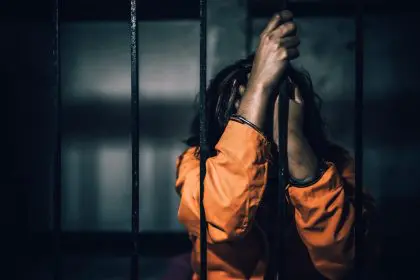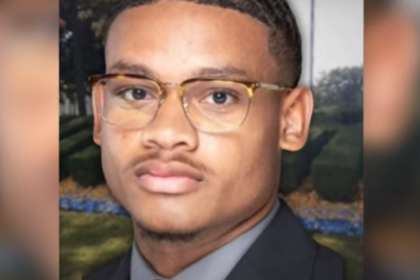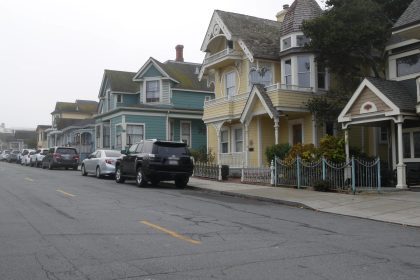The trial surrounding Jordan Neely’s death on a New York subway has taken a controversial turn, highlighting persistent concerns about racial profiling and mental health responses in urban spaces. On Dec. 9, a Manhattan judge dismissed second-degree manslaughter charges against Daniel Penny, a former Marine, after the jury reached an impasse.
Legal system scrutinized as family pursues alternative justice
The reduction to criminally negligent homicide — carrying a maximum four-year sentence instead of fifteen — has sparked intense debate about accountability in cases involving deadly force by civilians. Andre Zachary, Neely’s father, has filed a civil lawsuit targeting Penny for negligence, assault and battery in the May 2023 incident that claimed his son’s life.
Battle of narratives emerges in courtroom
The prosecution maintains that Penny’s six-minute chokehold constituted excessive force, regardless of his stated intention to protect other passengers. Meanwhile, the defense team has attempted to shift focus to Neely’s struggles, citing various health conditions as contributing factors to his death.
This case echoes a familiar pattern where mental health crises in public spaces end in tragedy, particularly for those navigating the intersections of race, housing insecurity and inadequate healthcare access. The stark contrast between Penny, a White veteran, and Neely, a Black man experiencing homelessness, underscores longstanding tensions about who gets to determine threat levels in shared spaces.
The dismissal of manslaughter charges has reinvigorated discussions about reform in public safety approaches. Critics argue that allowing civilians to take law enforcement roles creates dangerous precedents, especially in diverse urban environments where implicit biases can influence split-second decisions.
Mental health advocates point to this case as evidence of systemic failures in crisis response. Instead of trained professionals equipped to de-escalate situations, individuals experiencing mental health episodes often face untrained civilians who may escalate tensions to deadly levels.
The civil suit represents more than a battle for monetary damages; it symbolizes a broader struggle for accountability in a system that often fails to protect its most vulnerable members. As urban communities grapple with questions of safety and justice, the outcome of both criminal and civil proceedings could set important precedents for future cases.
This incident forces a critical examination of how society addresses public safety while protecting civil rights. The intersection of racial dynamics, mental health resources and civilian intervention in law enforcement matters continues to challenge urban communities nationwide.
As the legal proceedings unfold, the case highlights the urgent need for comprehensive reform in public safety protocols, mental health response systems and accountability measures. The pursuit of justice for Jordan Neely represents a pivotal moment in the ongoing dialogue about equity, safety and human dignity in shared public spaces.
















